Acne scars treatment;
Overview:
Acne scars are a persistent reminder of past battles with acne. They can manifest as depressed pits, raised keloids, or hyperpigmented marks, leaving individuals seeking effective treatment options.
What is Acne Scars?
Acne scars are the aftermath of inflammatory acne lesions, resulting from damage to the skin’s collagen fibers during the healing process. These scars can vary in type and severity, impacting both the texture and appearance of the skin.
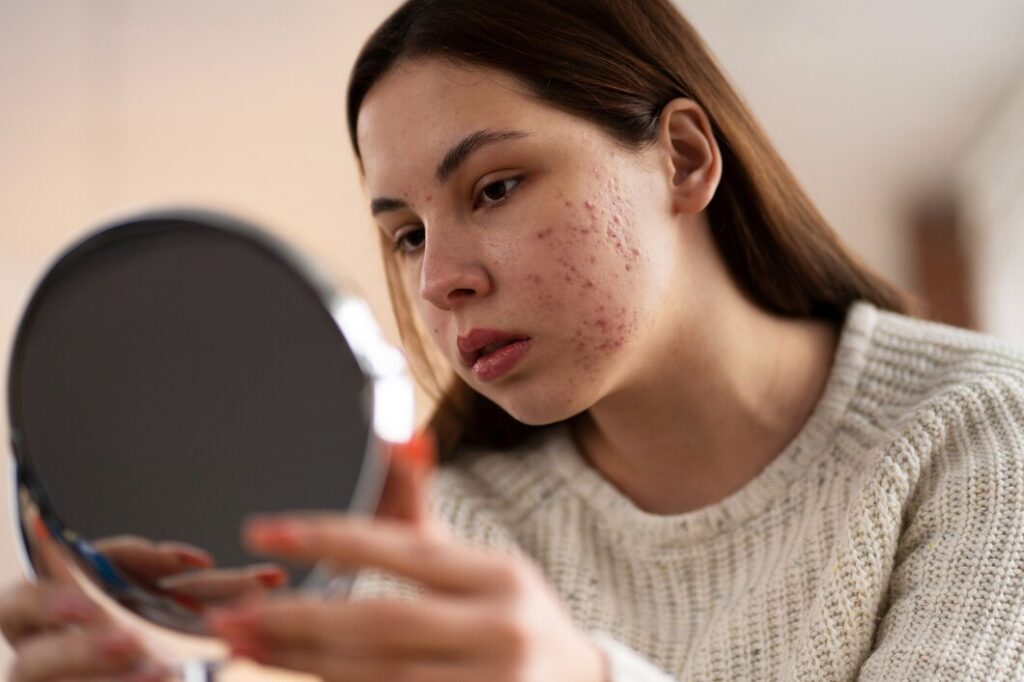
What Causes Acne Scars?
The primary culprits behind acne scars include prolonged or severe acne, picking or squeezing blemishes, and genetic predisposition. Inflammatory acne, particularly cystic acne, increases the likelihood of scarring due to deeper tissue damage.
Acne Scar Treatment:
1. Resurfacing Treatments
Resurfacing treatments aim to improve skin texture and reduce the appearance of scars. Transitional words such as “furthermore,” “in addition,” and “moreover” enhance the flow of information.
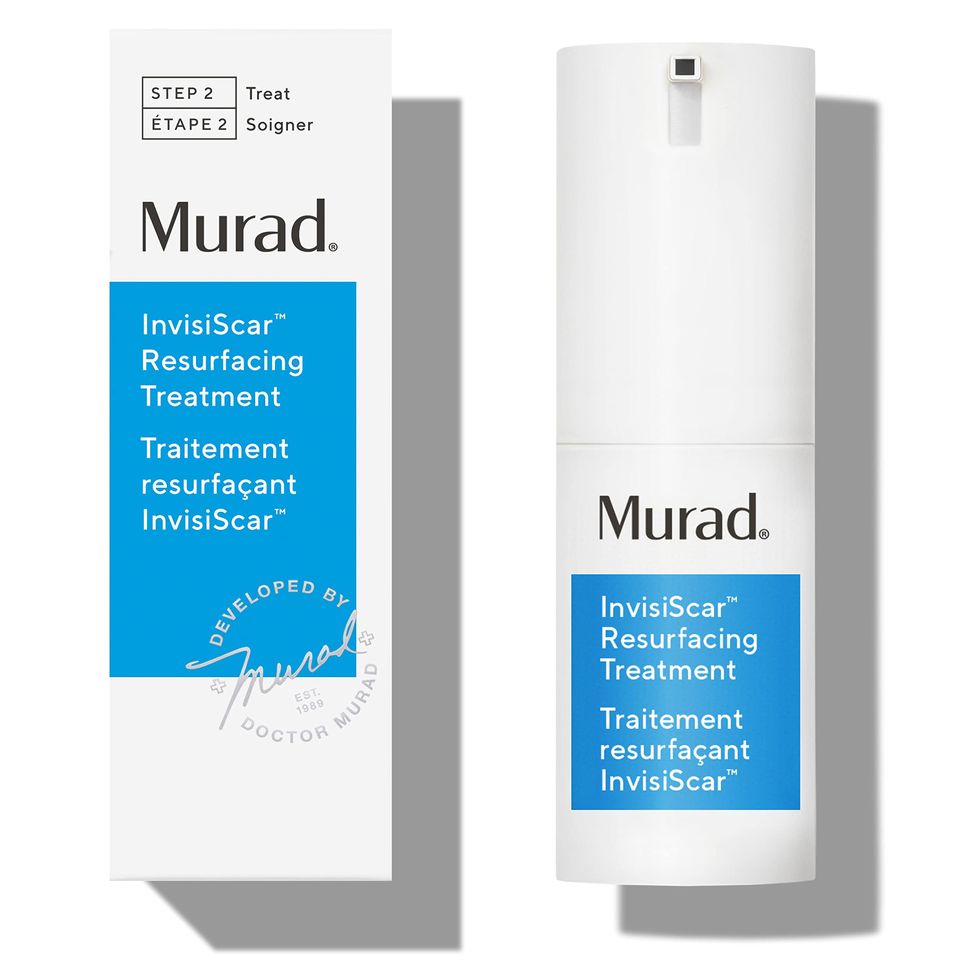
Murad InvisiScar Resurfacing Treatment
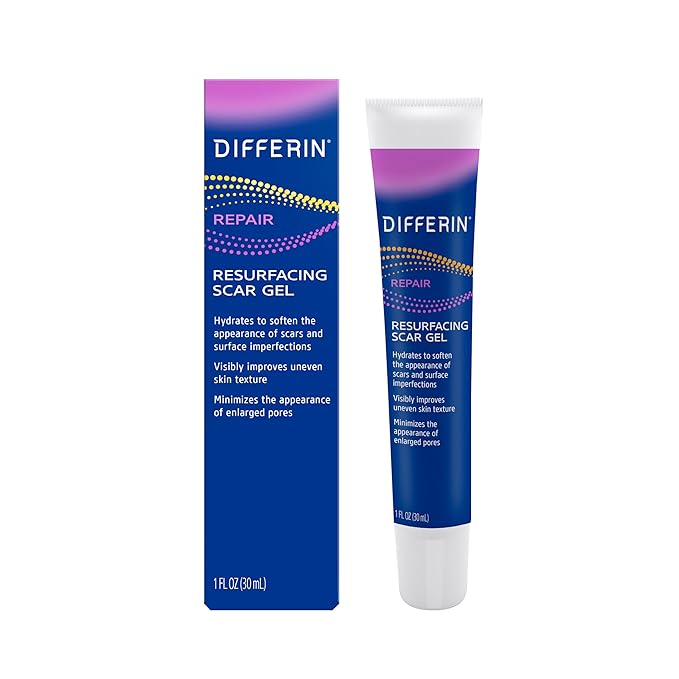
Differin Gel Acne Scar
- Chemical Peels: These exfoliate the skin’s outer layer, promoting cell turnover and collagen production.
- Dermabrasion: This procedure mechanically exfoliates the skin, smoothing out imperfections.
- Skin Needling: Also known as microneedling, this technique stimulates collagen production and enhances scar remodeling.
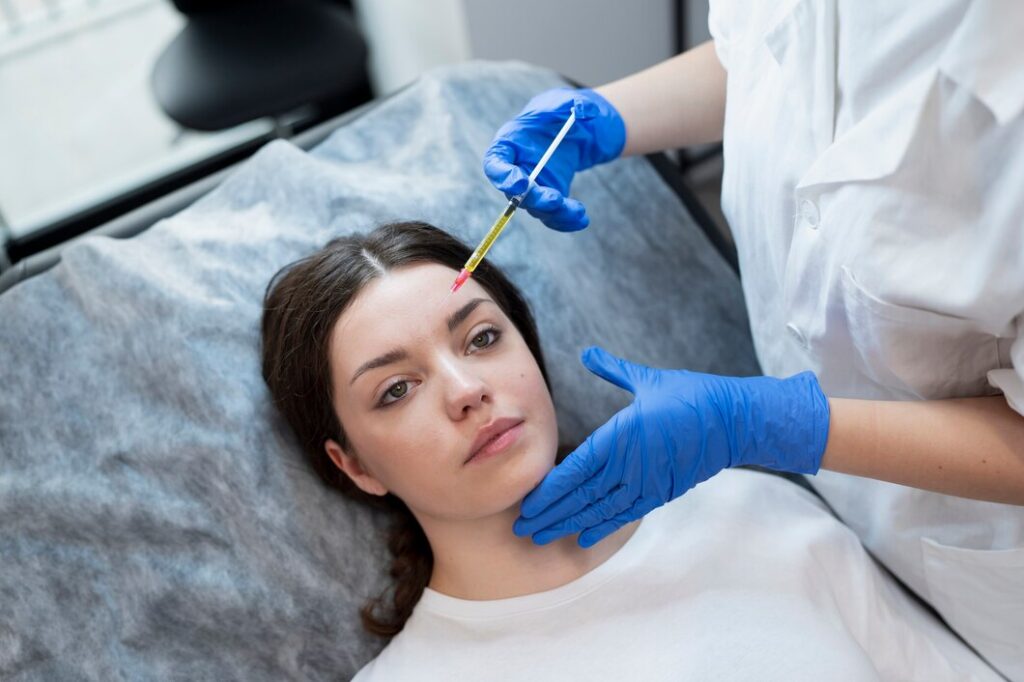
- Laser Resurfacing: Utilizing laser technology to remove damaged skin layers, promoting smoother, healthier skin.
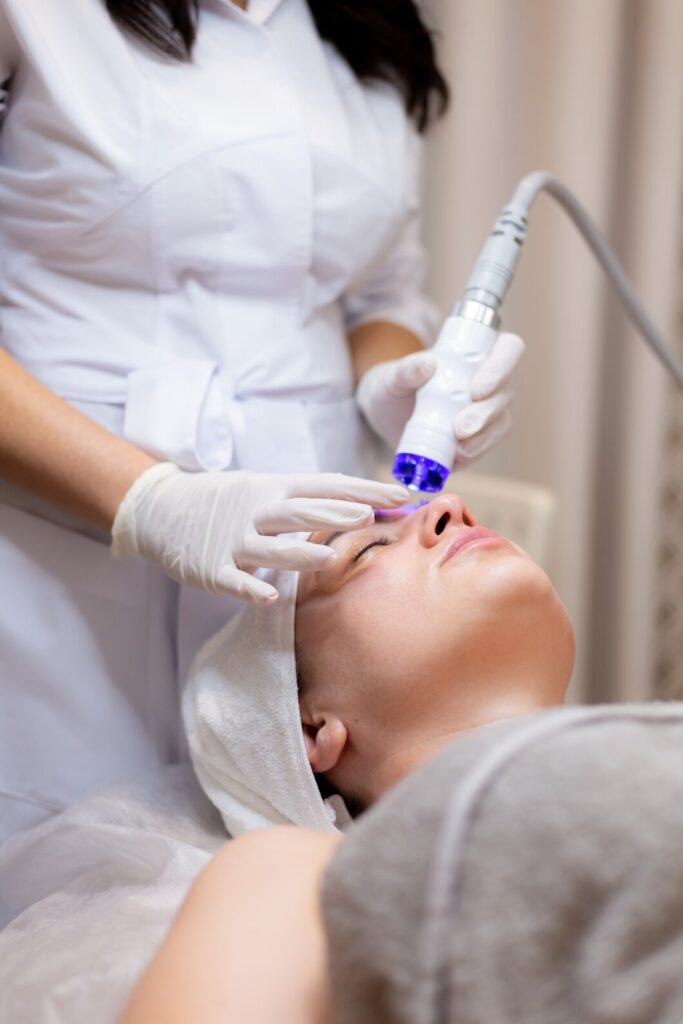
2. Lifting Procedures
Lifting procedures focus on elevating depressed scars to align with the surrounding skin.
- Dermal Fillers: Injectable fillers raise depressed scars, providing immediate results.
- Subcision: This involves breaking up fibrous bands beneath the scar, allowing the skin to elevate naturally.
Treatment of Keloid or Hypertrophic Acne Scars
Keloid and hypertrophic scars are raised scars that extend beyond the original acne lesion.
- Topical Steroids: These reduce inflammation and minimize scar thickness.
- Intralesional Steroids: Injected directly into the scar, reducing its size and improving texture.
- Silicone Gels: Applied topically, silicone gels soften and flatten scars over time.
- Pulsed Dye Laser: Targets blood vessels within the scar tissue, reducing redness and promoting healing.
- Cryotherapy: Freezes scar tissue, causing it to shrink and fade.
Best Acne Scar Treatment By Scar Types :
1. Rolling Atrophic Scar
• Best Treatment – Filler and/or Ablative Resurfacing:
Resurfacing effectively smooths the scar, yet post-energy device treatment, a dermal filler becomes essential for structural support. Initially, post-resurfacing appearance is favorable, but over time, undulations reappear, reducing smoothness.
2. BOXCAR SCARS:
• CO2 Laser or Erbium-YAG Laser Treatment:
For individual scars, employing CO2 or erbium-YAG lasers effectively erases edges. Subsequently, a fractional ablative or nonablative technology is utilized for overall improvement.
• Precaution for Darker Skin Types:
Before proceeding, it’s advisable to conduct a test behind the ear or in an inconspicuous area, especially for darker skin types. Asian and Spanish patients, in particular, may experience transient hyperpigmentation, necessitating prior notification. Additionally, incorporating volume (filler) beneath the scar may be required to provide structural support post-treatment.
3. ICEPICK SCARS:
• Best treatment – Surgical or punch excision
- Administration of Numbing Medication
- Begin by injecting numbing medicine to facilitate the process. Next, trace and excise the area requiring treatment. Finally, utilize 5-0 or 6-0 absorbable sutures, typically two stitches, to close the incision.
How to Prevent Acne Scars?
Prevention is key to minimizing the risk of acne scars.
- Early Treatment: Promptly treating acne lesions reduces the likelihood of scarring.
- Avoid Picking or Squeezing: Resist the urge to pick or squeeze blemishes, as this can exacerbate inflammation and increase scarring risk.
- Sun Protection: Use sunscreen daily to protect the skin from UV damage, which can worsen the appearance of scars.
- Gentle Skincare: Avoid harsh scrubbing or abrasive skincare products that can irritate the skin and worsen scarring.
In conclusion, while acne scars can be challenging to treat, various effective options are available. Understanding the causes of acne scars and utilizing appropriate treatments can help individuals achieve smoother, clearer skin and boost their confidence. Additionally, adopting preventive measures can minimize the risk of future scarring, promoting overall skin health.
• Read another article:
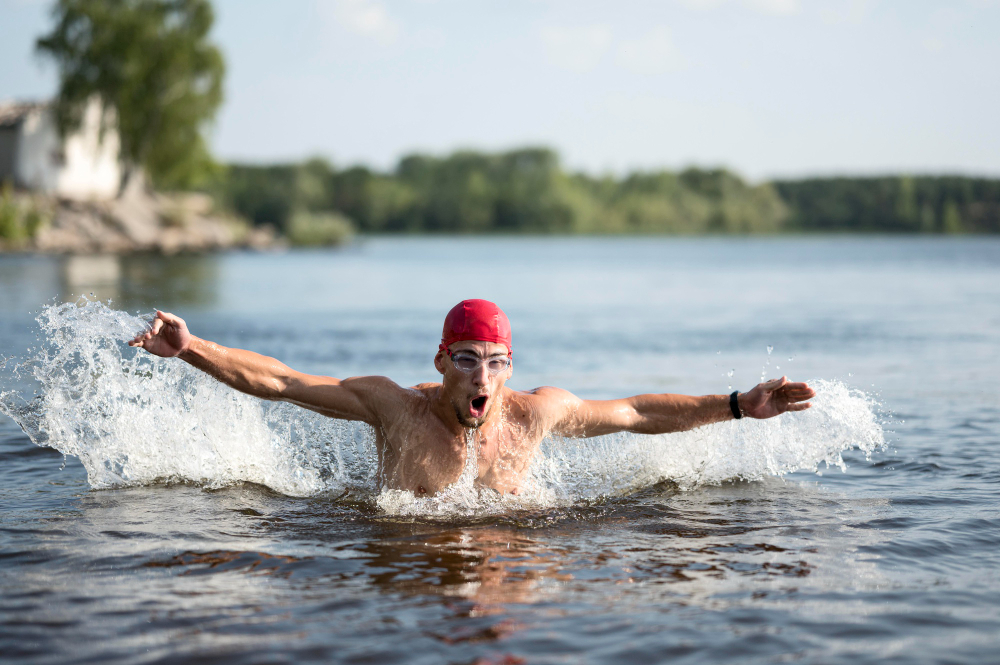
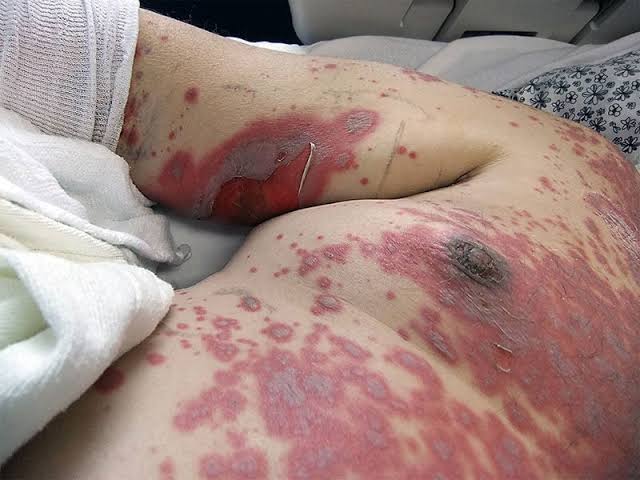
Pingback: Sclerotherapy - Uses, Side Effects - Modern HealthMe
Pingback: Limb Replantation Surgery: Indications & Benefits - Modern HealthMe
Pingback: Pityriasis Rosea: cause, symptoms, Treatment - Modern HealthMe
Pingback: Love Brain Disorder: A Journey into the Neuroscience of Romance - Modern HealthMe